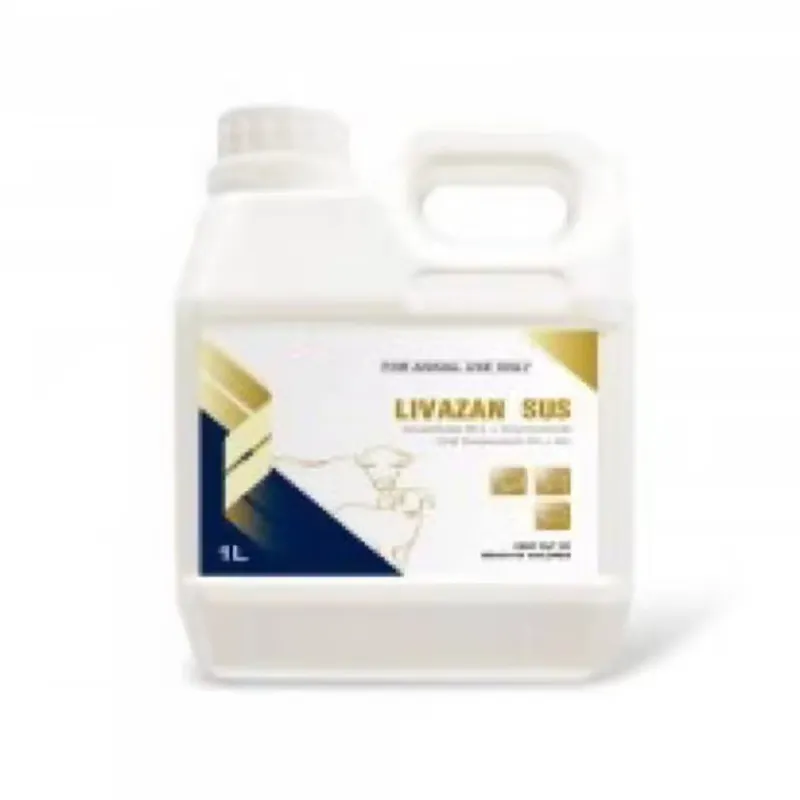- Afrikaans
- Albanian
- Amharic
- Arabic
- Armenian
- Azerbaijani
- Basque
- Belarusian
- Bengali
- Bosnian
- Bulgarian
- Catalan
- Cebuano
- Corsican
- Croatian
- Czech
- Danish
- Dutch
- English
- Esperanto
- Estonian
- Finnish
- French
- Frisian
- Galician
- Georgian
- German
- Greek
- Gujarati
- Haitian Creole
- hausa
- hawaiian
- Hebrew
- Hindi
- Miao
- Hungarian
- Icelandic
- igbo
- Indonesian
- irish
- Italian
- Japanese
- Javanese
- Kannada
- kazakh
- Khmer
- Rwandese
- Korean
- Kurdish
- Kyrgyz
- Lao
- Latin
- Latvian
- Lithuanian
- Luxembourgish
- Macedonian
- Malgashi
- Malay
- Malayalam
- Maltese
- Maori
- Marathi
- Mongolian
- Myanmar
- Nepali
- Norwegian
- Norwegian
- Occitan
- Pashto
- Persian
- Polish
- Portuguese
- Punjabi
- Romanian
- Russian
- Samoan
- Scottish Gaelic
- Serbian
- Sesotho
- Shona
- Sindhi
- Sinhala
- Slovak
- Slovenian
- Somali
- Spanish
- Sundanese
- Swahili
- Swedish
- Tagalog
- Tajik
- Tamil
- Tatar
- Telugu
- Thai
- Turkish
- Turkmen
- Ukrainian
- Urdu
- Uighur
- Uzbek
- Vietnamese
- Welsh
- Bantu
- Yiddish
- Yoruba
- Zulu
10 月 . 12, 2024 02:13 Back to list
colistin sulphate uses
The Uses of Colistin Sulphate A Comprehensive Overview
Colistin sulphate is an antibiotic agent that has garnered significant attention in recent years, particularly due to its application in both human and veterinary medicine. Originally developed in the 1940s, it has mainly been utilized to combat Gram-negative bacterial infections that are resistant to conventional antibiotics. This article explores the various uses of colistin sulphate, its mechanism of action, and the implications of its use in clinical and agricultural settings.
Mechanism of Action
Colistin, also known as polymyxin E, functions by disrupting the bacterial cell membrane. It interacts with the lipopolysaccharide (LPS) molecules that are integral to the outer membrane of Gram-negative bacteria. By binding to the LPS, colistin destabilizes the membrane, leading to an increase in permeability. This ultimately results in cellular lysis and death of the bacteria. This mechanism renders colistin particularly effective against multidrug-resistant strains of pathogens such as Escherichia coli and Klebsiella pneumoniae, pathogens that pose a growing threat in clinical environments.
Medical Uses
In human medicine, colistin has emerged as a critical therapeutic option against multidrug-resistant Gram-negative infections. Clinicians may prescribe colistin as a last resort treatment for severe infections, especially when other antibiotics fail. Conditions commonly treated with colistin include pneumonia, sepsis, and urinary tract infections caused by resistant bacteria.
Colistin is often administered intravenously for systemic infections, but it can also be delivered via inhalation or intramuscular injections, depending on the infection's location. As resistance to antibiotics continues to rise, colistin serves as a lifesaving drug in critical care settings, particularly for patients with compromised immune systems.
Veterinary Uses
colistin sulphate uses

Colistin sulphate is widely used in veterinary medicine, particularly as a feed additive for livestock and poultry. It is effective in treating and preventing infections caused by Gram-negative bacteria that can lead to serious health issues and decreased productivity in animals. Common applications include the treatment of respiratory infections and enteritis in pigs, poultry, and cattle.
The use of colistin in agriculture has raised concerns regarding the potential for developing antibiotic-resistant bacteria that may be transferred to humans through the food supply. As such, many countries are reevaluating and regulating the use of colistin in veterinary medicine to mitigate this risk. It is crucial for animal health and food safety authorities to ensure that colistin use in agriculture balances the needs of animal welfare and public health.
Resistance Concerns
The increasing use of colistin has led to a worrying trend the emergence of colistin-resistant bacteria. The plasmid-mediated mcr gene, which confers resistance to colistin, has been identified in various bacterial species, posing a significant threat to public health. The spread of these resistant strains can compromise the effectiveness of colistin and necessitate a reevaluation of its use in both human and veterinary medicine.
The potential transfer of resistance genes from animals to humans through the food chain underscores the importance of implementing stringent guidelines and responsible practices surrounding antibiotic use in agriculture. Awareness campaigns aimed at both medical professionals and farmers are vital to address these concerns and promote the responsible use of antibiotics such as colistin.
Conclusion
Colistin sulphate plays a crucial role in combating multidrug-resistant Gram-negative bacterial infections in both human and veterinary medicine. While it is a potent weapon against severe infections, its use comes with significant challenges, particularly the risk of developing antibiotic resistance. As healthcare systems and agricultural practices adapt to the threat of antimicrobial resistance, it is imperative to continue researching and monitoring the use of colistin. Efforts should focus on promoting responsible use, optimizing treatment protocols, and investigating alternative therapeutic strategies to preserve the efficacy of this vital antibiotic. By doing so, we can ensure that colistin sulphate remains an effective weapon against resistant infections for years to come.
-
The Power of Radix Isatidis Extract for Your Health and Wellness
NewsOct.29,2024
-
Neomycin Sulfate Soluble Powder: A Versatile Solution for Pet Health
NewsOct.29,2024
-
Lincomycin Hydrochloride Soluble Powder – The Essential Solution
NewsOct.29,2024
-
Garamycin Gentamicin Sulfate for Effective Infection Control
NewsOct.29,2024
-
Doxycycline Hyclate Soluble Powder: Your Antibiotic Needs
NewsOct.29,2024
-
Tilmicosin Premix: The Ultimate Solution for Poultry Health
NewsOct.29,2024













